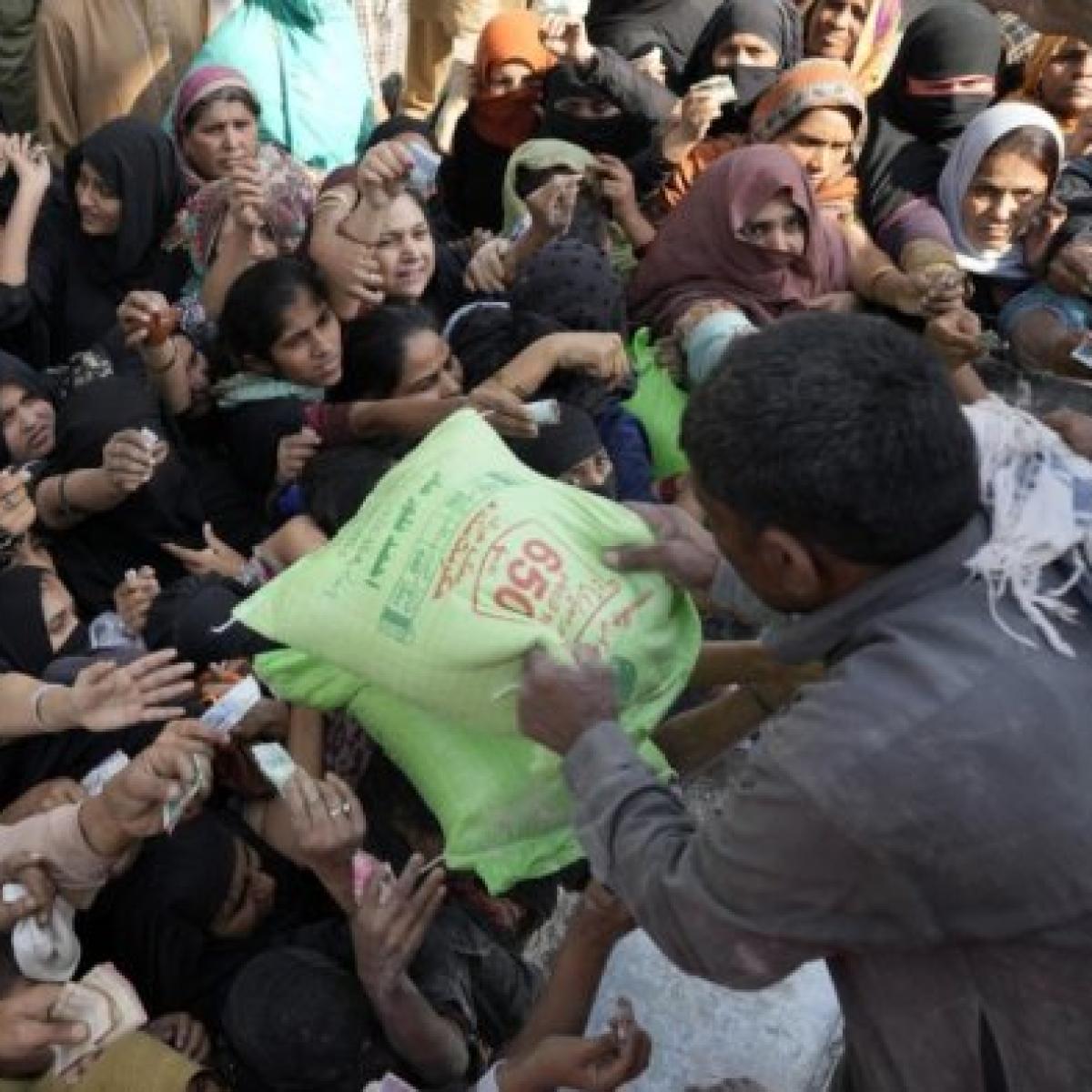
In a saying frequently attributed to the renowned Chanakya, an ancient Indian strategist, it is stated that feeding milk to a snake will boost its ability to generate venom rather than nectar. Given the failure of its “good terrorist and bad terrorist” doctrine, Pakistan would have been prudent to heed these comments. In an effort to portray itself as a “victim of terrorism,” Pakistan has sought. It further says that in order to combat the threat of terrorism in the nation, sacrifices were made.
However, the truth is that a new, more radicalised society has already been established thanks to the unholy alliance between the Pakistani military establishment, civil administration, and Islamic clerics. UK political analyst Chris Blackburn draws attention to the current state of affairs in Pakistan and says, “The “thousand cuts of India” strategy employed by Pakistan in other countries as well as the normalisation of the use of terrorist organisations like Lashkar-e-Taiba, Hizbul Mujahideen, and Harkat-ul-Jihad-al-Islami. These kinds of organisations are all connected to Al-Qaeda. Pakistan has essentially created an unstable scenario for the entire world.”
Several jihadi outfits that had always been priceless assets of the Pakistani government and military have emerged as a serious security threat to Islamabad. This potential threat was first identified eight years ago, when the intensity and cruelty of the attack on the Army Public school in Peshawar by the Tehreek e Taliban (TTP), shocked the entire world. Pakistan has since witnessed many more attacks on educational institutes — such as the 2016 assault on the Bacha Khan University and the burning down of schools in Gilgit Baltistan’s Diamer district in 2018. Last year’s Taliban victory in Kabul, which was facilitated by Islamabad, emboldened several Islamist groups in Pakistan including the TTP.
The Pakistani government has also made an effort to come to an understanding with the terrorist group in the wake of an increase in terror acts that the TTP has claimed responsibility for. The TTP, however, broke the month-long cease-fire deal with Pakistani authorities last month and started resuming terrorist strikes across the nation. The Pakistani government has been under fire from both domestic and foreign analysts for “concessions” it has made to the TTP. These scholars contend that Pakistan’s morally untenable policy of engaging in negotiations with radical organisations legitimises terrorist objectives.
External Affairs Minister S Jaishankar while quoting former United States Secretary of State, Hillary Clinton had recently said, “If you have snakes in your backyard, you can’t expect them to bite only your neighbours. Eventually, they will bite the people who keep them in the backyard.” Unfortunately, Pakistan has not heeded Jaishankar’s advice and is suffering the consequences. Successive governments in the Islamic Republic have always flirted with dangerous religious fanatics festering across Pakistan and aiding the growth of international terror groups.
These terrorist organisations have now split into two groups: one wing targets democracies like India, the US, and the EU, while the other engages in a violent insurgency within Pakistan itself in an effort to establish a puritanical, violent order with the goal of eradicating the last traces of civilised Pakistani society. Despite the fact that Pakistan has lost thousands of lives, the nation has not altered its strategy. Pakistan has a persistent belief that the neighbourhood ought to be unsettling. Given this conviction, Pakistan has long believed that if the Afghan Taliban take over Kabul, it will profit from this. However, it has not yet realised that if you sow instability abroad, it may come back to bite you at home, according to defence expert Brig. Rahul K. Bhonsle (Retd.). Pakistan is directly contributing to the rise of the Islamic terrorist danger in the nation by failing to prosecute several leaders of UN-proscribed terror groups and even going so far as to guarantee their security. Pakistan has a lengthy history of failing to take the necessary steps to prevent terrorism both inside and outside its borders. People in Pakistan are still suffering as a result of the nation’s passivity, and those who are suffering the most are still Pakistani nationals.






